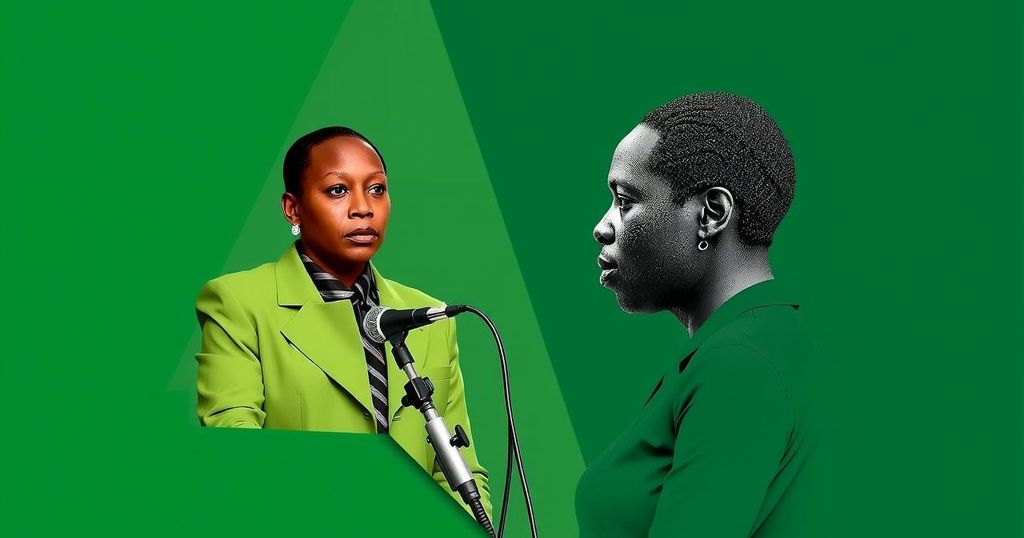UNMISS has emphasized the need for concrete progress towards democratic elections in South Sudan as the transitional period extends to 2026. During a recent Security Council briefing, officials highlighted the urgency for leaders to demonstrate genuine commitment to democracy amidst rising internal conflicts. Citizens have expressed their skepticism regarding the political elite’s intentions, prompting calls for accountability and action ahead of the elections.
The United Nations Mission in South Sudan (UNMISS) has urgently called for concrete evidence demonstrating progress towards democratic elections in South Sudan. During a briefing to the United Nations Security Council, Nicholas Haysom, the Special Representative of the Secretary-General and head of UNMISS, emphasized to government officials that the timeline for the extension of the transitional period is rapidly diminishing. South Sudan is currently navigating its fourth extension of the transitional government since gaining independence in 2011, with the elections now rescheduled for 2026. Rabindra Giri, the acting spokesperson for UNMISS, reiterated Haysom’s sentiments, urging that the international community must witness a genuine commitment from the nation’s leaders towards fostering a democratic future. Ongoing internal conflicts in South Sudan further complicate the situation, as delays in democratic reforms jeopardize peace, stability, and development prospects for both the nation and the broader East African region. UNMISS underscored the importance of compliance with obligations set forth in the peace agreement, warning that political leaders must act promptly before time runs out. “We must collectively seize the opportunity to make this extension the last and deliver the peace and democracy that the people of South Sudan deserve,” stated Giri. Meanwhile, citizens in Juba have expressed their disenchantment regarding the lack of progress in implementing the peace agreement, questioning the commitment of their leaders to the nation’s welfare. Nunu Diana, a prominent women’s rights advocate in South Sudan, conveyed her disappointment, remarking, “I think because of the extension, personally, as a young person, I have lost morale in the governance system of the country.” Meanwhile, Data Gordon, an advocate for peace and gender equality, added, “The time for political statements without tangible and time-bound action is over. For elections to take place as scheduled, the government needs to walk the talk.” Haysom noted that UNMISS would continue its support for the National Elections Commission, advocating for activities such as civic education, voter registration preparation, and establishing codes of conduct among political parties, civil society, media, and election security frameworks. As time is of the essence, Haysom stated that South Sudan must capitalize on this last opportunity to fulfill its democratic promises, necessitating ongoing international support and accountability from its leaders. “This cannot be business as usual for the parties to the peace agreement, the political elite, the guarantors of the peace agreement or the international community,” Giri concluded.
This article addresses the recent call by the United Nations Mission in South Sudan (UNMISS) for clear indicators of progress towards democratic elections in South Sudan, as the government continues to extend its transitional period. This call comes amid escalating internal conflict and ongoing doubts from the populace about their leaders’ commitments to peace and democracy. Furthermore, the situation has significant implications for both national stability and the broader East African region.
In summary, the UNMISS’s recent briefing emphasizes the urgent need for South Sudan’s leaders to demonstrate a serious commitment to democratic principles as the nation approaches yet another extension of its transitional government. As election preparations for 2026 loom, both the international community and South Sudanese citizens are calling for accountability, tangible actions, and assurance of a democratic future. Should the current leaders fail to act decisively, the prospect of peace and stability within South Sudan remains precarious.
Original Source: www.voanews.com






